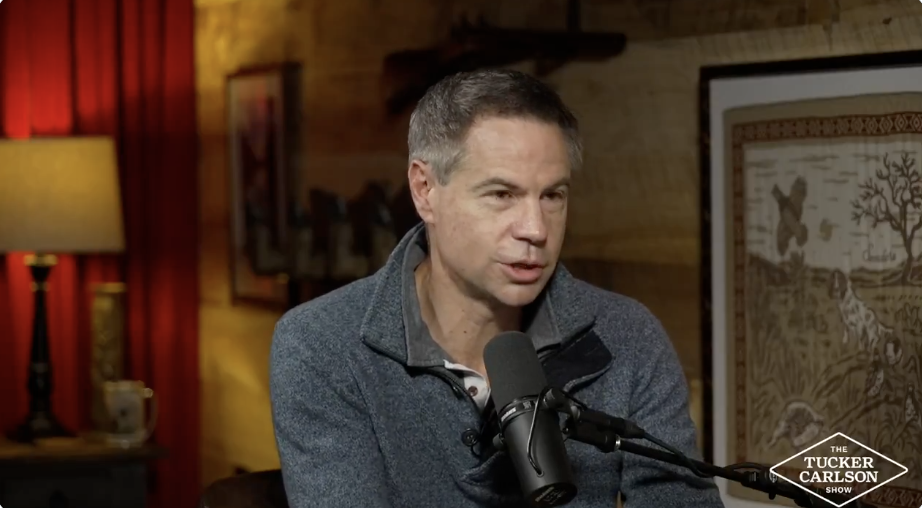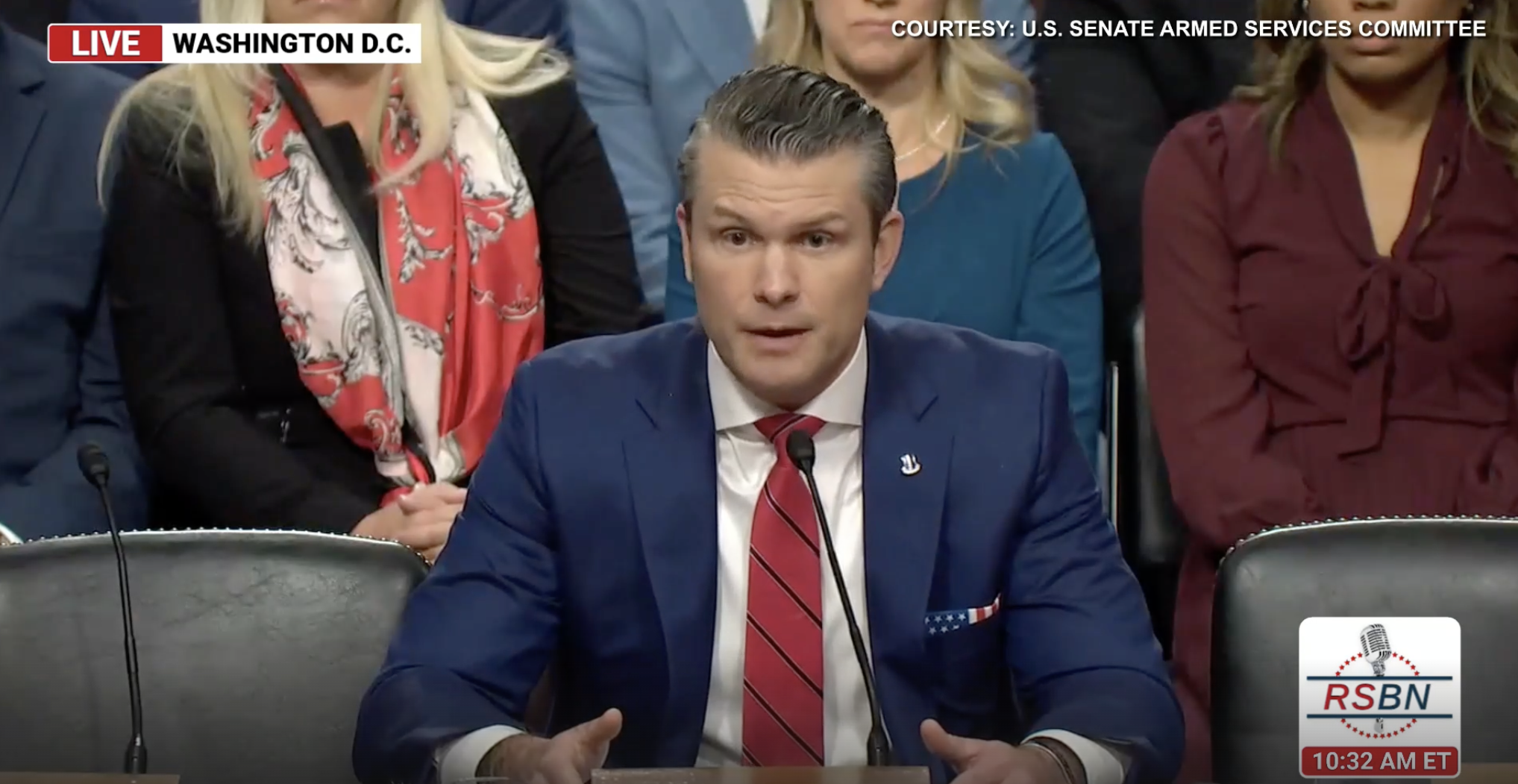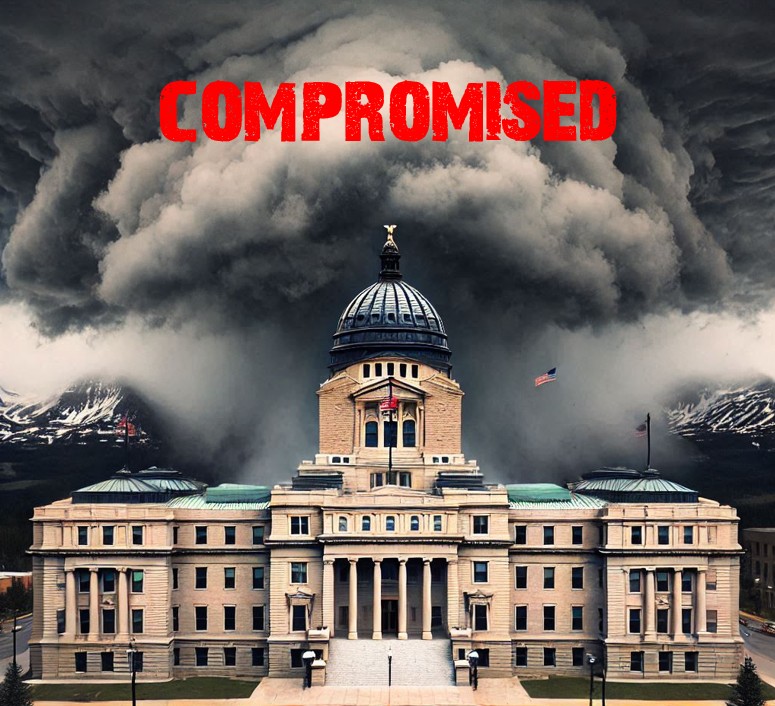
Please Follow us on Gab, Minds, Telegram, Rumble, Gab TV, GETTR
Reprinted with permission Mises Institute Tho Bishop
Price inflation is the highest its been since 1982. Real wages are plummeting. Joe Biden’s approval ratings are now on par with George W. Bush’s after both the Iraq War, the financial crisis, and eight years of Jon Stewart. This is with the benefit of Kim family–level devotion from the corporate press, Big Tech, and almost every pop culture figure.
In this case, correlation is causation. Inflation has now topped covid as the greatest concern of Americans.
As history shows, this shouldn’t be surprising. While modern politicians have bought into the myth that monetary policy is something that should be left to a technocratic elite, money issues have long been a motivating issue for populist causes. There is no more “kitchen table” issue than the daily reminder that your paycheck buys less than it did last year.
The political benefactors of inflation are obvious: anyone running against Joe Biden. Twenty twenty-two will be a year where many talentless Republican political consultants will be able to ride a red wave and claim a victory they will base an entire career around. Unfortunately, the Republican Party is as culpable in America’s inflationary crisis as Joe Biden. We will see if anyone in DC catches the irony when the majority of Republican senators end up endorsing another term for Jay Powell.
This gets to the core of the problem. As we see inflation rise as America’s most pressing political issue, we have a political system completely unprepared to deal with it.
After all, few in Washington even know what the underlying cause of inflation is. It’s not port capacity, and it’s not greedy corporations. It’s not simply about progressives’ aims to price out fossil fuels or the price tag of any one specific spending bill.
No, the cause of inflation is the arrogance of modern economic PhDs. It is the consequence of rendering money into a tool of the state, a power which has been abused to plunder from the people so that politicians can spend freely. It is an era of monetary hedonism, maintained by an institution that has for over a decade now consistently failed by its own measure. The fact this system has lasted fifty years is in large part because most of the world’s central banks have engaged in similar—if not even more reckless—policies to the Fed.
Ivy League universities are just as capable of infecting the world as any Chinese laboratory.
Unfortunately, the GOP has been defined by its complete disinterest in rooting out institutional malfeasance. Abolishing a federal agency is a bumper sticker Republicans use for a campaign fundraiser, not a political goal. Any attempts to push for any meaningful reform to the Federal Reserve will be treated as a threat to the entire global financial system, and Republicans will cave—just as they voted to bail out Mexico in the ’90s, just as they voted to bail out Wall Street in ’08, just as they repeatedly cave to debt ceilings and government shutdowns.
If there is no political solution to the Fed, does it mean there are no possible remedies to help protect average Americans from the inevitable monetary crisis?
No. The answer to America’s inflation issue is to empower citizens to save in alternative currencies. Just as Republicans have found school choice easier to push than abolishing the Department of Education, monetary choice offers a policy approach that doesn’t require an all-out assault on a powerful institution with a well-paid army of propagandists.
This approach to the Fed was something promoted strongly by Ron Paul during his congressional career. The most significant component of his Free Competition in Currency Act was the elimination of taxes on gold and silver—something that could be updated to include cryptocurrency. If the only major policy wins Republicans are capable of having in DC are tax cuts, these would technically qualify.
Abolishing these taxes would eliminate one of the state’s most powerful tools for forcing the dollar on its citizens. If Americans can freely move their wealth from the control of the Fed and into nonpolitical assets, they will have real protection against the long-term consequences of inflation. Even better, this will undermine Washington’s concerted efforts to weaponize the banking system against political dissidents.
Most importantly, though, it would be a tax cut that would immediately redistribute wealth away from Wall Street and into the pockets of average Americans. As such, it is an ideal policy aim for the growing populist Right.
After all, if the goal of a political movement is to oust a powerful cabal of neoliberal globalist oligarchs, success is going to depend on achieving political victories that don’t only weaken your enemies but enrich your allies. Progressives and authoritarians are overrepresented in the halls of an increasingly woke Wall Street, while regime skeptics are overrepresented in crypto and among those who buy gold.
As in the past, there is the opportunity for the current inflation crisis to radically transform American politics. As the nation continues to lose trust in institutions, and as a new generation of populist Republicans grow their numbers in the party, there is an opportunity to deliver a major blow against the financial class that has taken over the global economy.
Is the current generation of right-wing populists prepared to listen to Ron Paul and embrace a Rothbardian Right?
























